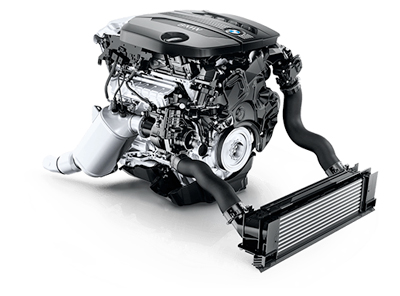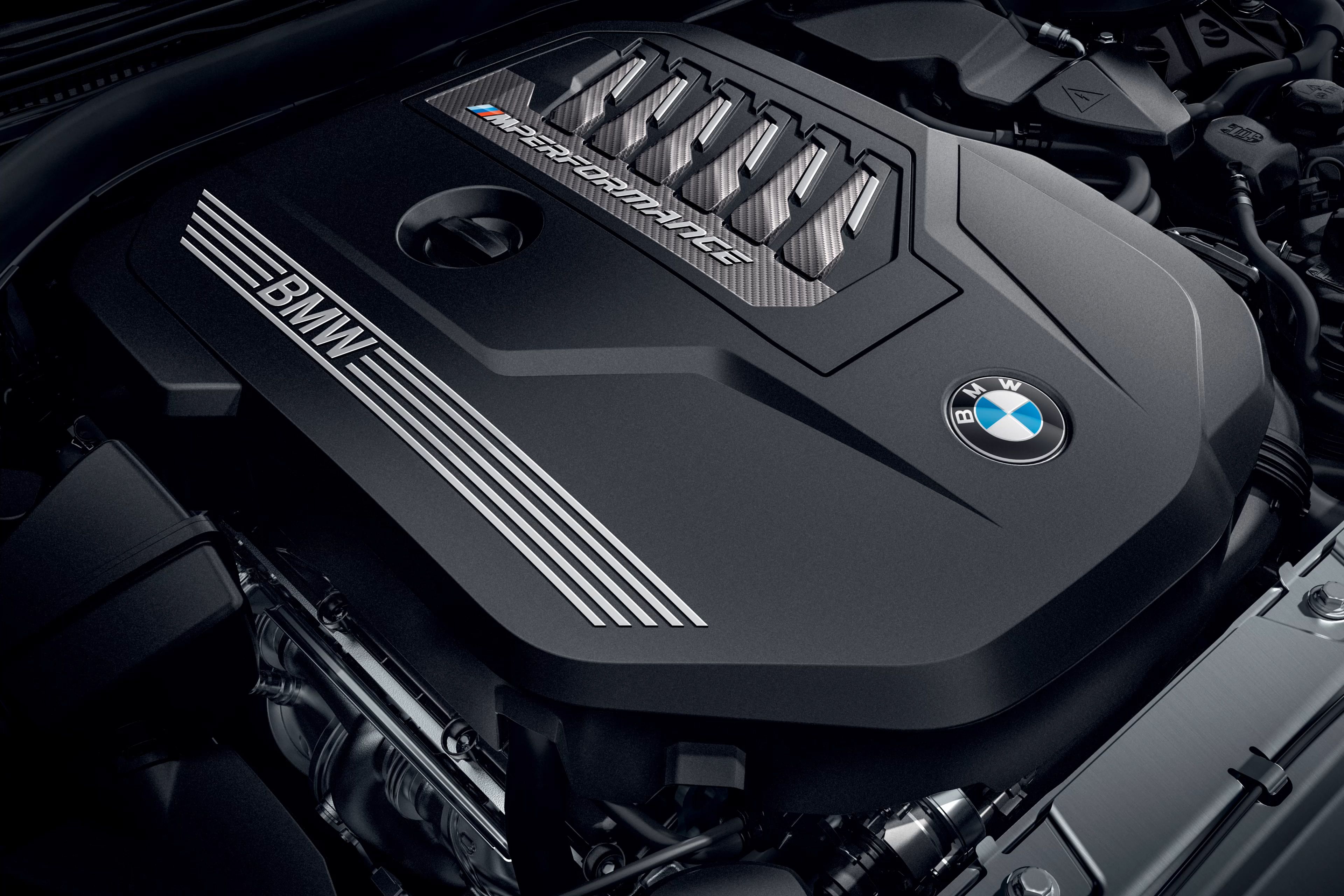Unveiling the Secrets Behind the Power of the BMW Engine
Unveiling the Secrets Behind the Power of the BMW Engine
Blog Article
Revealing the Intricacies of Next-Generation Power Units: a Deep Dive Into Advanced Engine Advancements and styles
In the world of automotive design, the unrelenting search of performance, performance, and sustainability has actually driven the development of power systems to unprecedented heights. As we stand on the precipice of a brand-new age in transportation, the intricacies of next-generation engine layouts bid us to check out the advanced modern technologies and technologies that guarantee to redefine the driving experience. From advanced products that press the boundaries of resilience and weight reduction to innovative turbocharging and turbo charging systems that elevate power result to brand-new levels, each part of these power devices holds an essential to unlocking the future of auto design. Delving much deeper into the realms of exhaust control, smart engine administration systems, and the horizon of power device advancement, we locate ourselves on the cusp of an improvement that promises to improve the landscape of movement as we understand it.
Advancement of Engine Materials

The change in the direction of advanced engine materials has also allowed designers to make engines with higher power outputs while preserving gas performance standards. The use of lightweight products lowers the total weight of the engine, leading to boosted gas economic situation and reduced exhausts. In addition, advancements in products modern technology have actually permitted for much better thermal administration within engines, leading to enhanced dependability and long life.
Turbocharging and Supercharging Technologies
Exactly How do Turbocharging and Supercharging Technologies change engine efficiency and efficiency in modern-day automobiles? Turbocharging and turbo charging are modern technologies that dramatically improve engine performance by raising the amount of air consumption into the burning chamber. Turbocharging accomplishes this by utilizing a generator driven by exhaust gases to pressurize the intake air, while turbo charging utilizes a belt- or chain-driven compressor to attain the exact same effect.
These innovations enable smaller sized, more fuel-efficient engines to create power equivalent to larger ones, referred to as downsizing. By requiring even more air into the cyndrical tubes, turbocharging and supercharging improve burning efficiency, leading to increased horse power and torque output without a considerable rise in engine size. This causes better acceleration, lugging capacity, and general driving efficiency.
Moreover, turbocharging and turbo charging contribute to enhanced gas efficiency by allowing the usage of smaller sized engines that consume less fuel under regular driving problems - bmw engine. This combination of enhanced efficiency and efficiency has made turbocharging and turbo charging integral elements of lots of modern-day engine designs
Emission Control and Environmental Effect
With boosting international concerns concerning air high quality and ecological sustainability, the execution of exhaust control technologies in cars plays a critical role in reducing damaging contaminants released into the environment. Modern automobiles are furnished with innovative emission control systems that aid decrease the ecological influence of auto procedures. Catalytic converters, for circumstances, are made to transform poisonous gases such as carbon monoxide gas, nitrogen oxides, and hydrocarbons right into much less dangerous materials like co2 and water vapor.
Moreover, improvements in engine innovation, such as the combination of exhaust gas recirculation systems and selective catalytic reduction, have actually dramatically added to reducing discharges. These technologies operate in tandem to maximize combustion efficiency and minimize the launch of dangerous contaminants into the air. In addition, the growth of hybrid and electric lorries stands for an important step in the direction of minimizing the general environmental impact of the transportation industry.
Intelligent Engine Management Equipment

Additionally, these systems make it possible for automobiles to meet rigid emissions criteria without compromising efficiency, providing an extra environmentally pleasant driving experience. The integration of artificial intelligence and artificial intelligence abilities in engine management systems remains to press the boundaries of what is possible, bring about further enhancements in efficiency, dependability, and total vehicle performance. bmw engine. As auto technology developments, smart engine management systems will play a critical role in shaping the future of transport in the direction of a more reliable and lasting direction
Future Trends in Power Unit Advancement
As smart engine monitoring systems lead the way for improved control and optimization in contemporary lorries, future trends in power unit development are poised to redefine the landscape of automobile propulsion modern technologies. Among the key trends driving development in power system advancement is the change in the direction of electrification. With a raising emphasis on sustainability and lowering carbon exhausts, crossbreed and electrical powertrains are coming to be more prevalent in the automotive industry. These alternative source news of power offer improved efficiency and efficiency while straightening with rigorous ecological laws.
An additional substantial pattern is the integration of advanced products and producing techniques. Light-weight products such as carbon fiber and aluminum are being made use of to minimize general vehicle weight, boosting fuel efficiency and efficiency. Additionally, developments in 3D printing and additive production are allowing the production of intricate engine elements with higher accuracy and toughness.
Additionally, expert system and device understanding are playing a critical function in maximizing power system efficiency. These innovations permit real-time tracking and flexible control, causing more effective and dependable power distribution. In general, future fads in power unit advancement are tailored towards great site performance, performance, and sustainability, driving the vehicle sector towards a new period of propulsion technologies.

Conclusion
In verdict, the developments in engine products, turbocharging, emission control, and smart management systems have actually led the way for next-generation power devices. These developments have not just improved performance and performance but additionally decreased ecological impact. As modern technology remains to progress, future fads in power system growth are most likely to concentrate on further enhancing sustainability and enhancing power output. The complex layouts and advancements in modern engines showcase the recurring advancement of automobile innovation.
Discovering the progressive advancements in engine products has actually been crucial in enhancing the performance and efficiency of modern engines. Over the years, the evolution of the original source engine materials has played an important function in pushing the boundaries of what engines can achieve.The shift towards advanced engine materials has actually additionally made it possible for designers to make engines with greater power outcomes while preserving fuel efficiency standards.The implementation of intelligent engine monitoring systems in modern-day automobiles has actually reinvented the method engines are controlled and optimized for efficiency and performance. By gathering data in real-time and evaluating it with sophisticated formulas, smart engine administration systems can adapt to driving designs, ecological elements, and engine health to optimize power outcome while reducing fuel intake and discharges.
Report this page